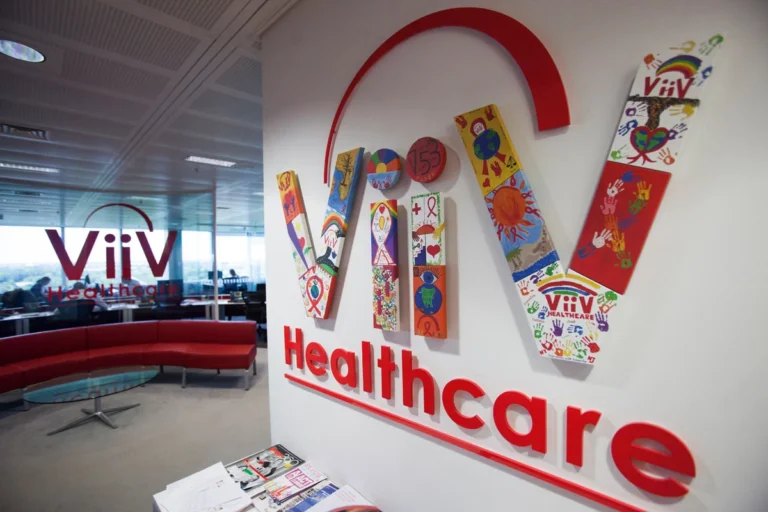
Anova Enterprises, Inc. (Anova), an organization dedicated to accelerating the development of promising treatments to market announced the FDA authorization of a Phase II clinical trial to re-assess a targeted treatment in light of newly discovered pharmacogenomic predictor data in patients with newly diagnosed high-grade glioma (HGG).
Denovo Biopharma LLC, a pioneer in applying precision medicine to develop innovative therapies, acquired Toca 511 and Toca FC (now collectively known as DB107) from Tocagen in 2020, with the aim of identifying one or more pharmacogenomic predictors for DB107 efficacy using its proprietary biomarker discovery platform.
In December 2021 Denovo Biopharma announced discovery of a novel genetic biomarker, Denovo Genomic Marker 7 (DGM7TM), by leveraging Tocagen’s randomized 403-patient Phase 3 study in recurrent HGG that had negative results overall, but that had subsets of patients who received clear benefit. DGM7 has been shown to be associated with increased overall survival with treatment of recurrent HGG, via retrospective analysis.
This year, Anova Enterprises, Inc. assembled a team of key opinion leaders from the University of California at San Diego (UCSD), University of California at San Francisco (UCSF), the University of Southern California (USC) and Denovo Biopharma to explore the best way to confirm the efficacy of DB107 in patients with HGG who have the DGM7 biomarker. The resulting Phase 2 study design has been authorized to proceed by the U.S. FDA, literally bringing a treatment “back from the dead” to help patients in need.
The Phase 2 study of DB107 will investigate the impact of giving multiple doses of DB107 both directly at time of surgery and intravenously (IV). The study also stratifies patients to more easily identify those individuals who benefit from treatment from those who do not. “FDA authorization of the study of DB107 is another important milestone for Denovo as we work to bring this retroviral replicating vector (RVV) back into clinical development” said Matthew A. Spear, M.D., Chief Medical Officer & Chief Development Officer, Denovo Biopharma. “Our dedicated team worked diligently to identify the biomarker which predicts response to DB107 and it will be exciting to potentially confirm our work in this prospective clinical trial.”
Anova Enterprises, Inc. (Anova) will manage the study using its transformative AnovaOS™ technology. AnovaOS™ is the industry’s first collaborative ‘learning system’. “This is exactly the sort of opportunity Anova wants to deliver in the marketplace” said Martin Walsh, President at Anova. “We regularly see patients responding to treatments in studies that fail in large randomized patient populations. Identifying predictive biomarkers such as DGM7 and confirming results in smaller, targeted patient populations is the way toward better and more cost effective treatments.”
The Phase 2 clinical trial is a multicenter, open-label study designed to confirm whether treatment DB107 when added to standard-of-care (SOC) provides clinical benefit to newly diagnosed HGG when compared to historical performance documented in well controlled clinical trials published in the peer reviewed literature. The trial is expected to enroll approximately 70 adult patients with newly diagnosed HGG, and the primary endpoint of the trial will be progression free survival (PFS).
“I am excited to see DB107 heading back into the clinic” said Noriyuki Kasahara, MD, PhD, Principal Investigator, Brain Tumor Research Center (BTRC) at University of California, San Francisco (UCSF). “Outcomes in patients newly diagnosed with HGG are essentially unchanged for 40 years and confirming DB107 works in patients with the DGM7 biomarker may change outcomes in those patients for the better”
“Our partnership with Denovo Biopharma, UCSD, UCSF and USC is another example of Anova’s commitment to improving access to promising new treatments for patients in need, in diseases where patients are often left with limited treatment options” said Chris Beardmore, CEO at Anova. “By fixing what is broken in clinical research we can conduct better studies and deliver the right treatments to the right patients.”
Source: https://www.businesswire.com/




